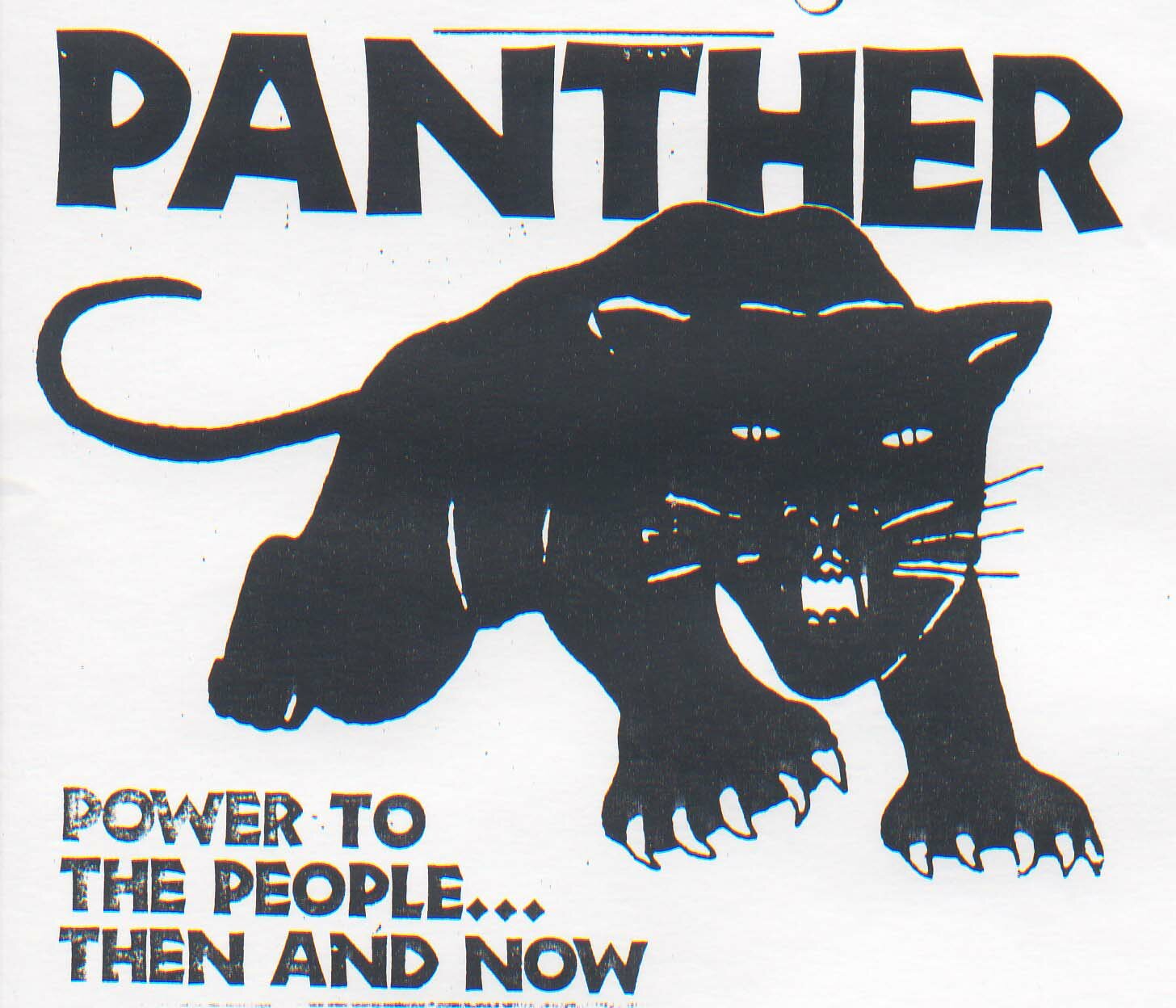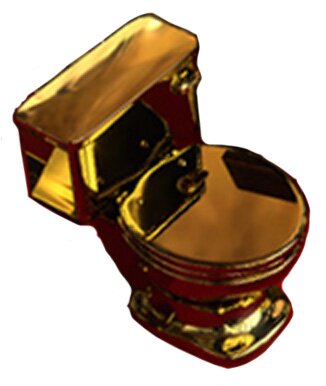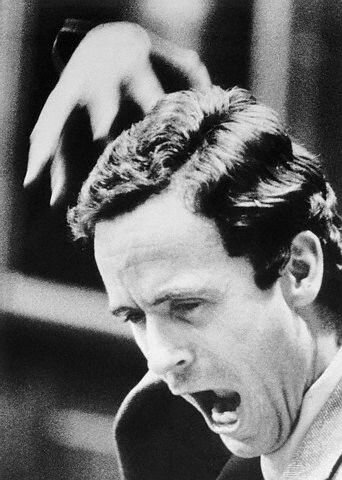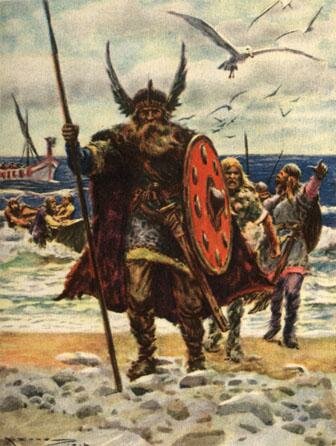Top 10 Contributions of the Black Panther Party
Suggested by SMSThe Black Panther Party, also known as the Black Panther Party for Self-Defense was founded on the principles of improving the lives of Black Americans. They emphasized Black Nationalism and equality for all Black people. They combated the racist oppression of White America and fought actively to change the twisted institutions that allowed Blacks to suffer constant abuse at the hands of others. The Black Panther Party permanently shifted the climate of American life during the sixties and their impact extends to the present time. Their efforts contributed greatly to our status today as a civil, tolerant, fair nation for minorities even though there are still strides to be made toward the freedom of Black Americans.
10. Mass Organization and Mobilization
The Black Panther Party believed in an approach that highlighted “serving the people.” This key concept was at the root of the BPP’s philosophies and beliefs. The BPP believed in a shared experience with the Black masses. Rather than operate as a separate, distant entity, the BPP mobilized throngs of Black Americans by living with them, experiencing their trials, and dealing with the daily struggles of Blacks in America. No other group was more concerned with creating solutions from the inside. This made the BPP appear more relevant and in touch with the harsh realities of living Black in America. Many of the programs implemented by the BPP emphasized community and togetherness. Rallies, community service, and strikes were an effective part of the BPP’s plan for action. They also used these mass meetings to further educate Black Americans on their beliefs concerning Black liberation and provided inspiration for those involved with the struggle. Their campaigns were not only revolutionary but effective means for combating drugs, violence, and brutality in the inner city. The mass organization of Blacks provided them with a renewed sense of self-reliance. Many of the programs created by the BPP to help address issues created by the inherent inequality in the Black community were later emulated by the American government. These programs, such as free school lunches and health care for the poor are still active in some forms today.
9. Promoting Equality for Women
Equality for women was another radical initiative put in place during the height of the Black Panther Party. The organization believed in the capabilities of women and valued them for their contributive worth. Women like Angela Davis were able to make a name for them self and participate fully in the efforts of the Black Panther Party. At all levels, women had access to all the benefits of the Black Panther Party. This was very significant in empowering Black women in particular. Even today, Black women face unique challenges to equal treatment and opportunity. During the era of blatant racism in America, Black women had to deal with even more obstacles. The BPP sought to include women in their mission to teach self-reliance and independence. It was a bold move on the part of the BPP and helped set the stage for later feminist movements. The BPP’s belief and faith in women was unusual at the time since even other Black organizations believed that women had no place in the Black Liberation Movement. It was widely believed women’s roles should be minimal at best, emphasizing their place in the home. Women in the BPP were empowered and learned to believe they too were capable of attaining independence.
8. Revolutionary Approaches to Propaganda
The Black Panther Party was notorious for their use of propaganda and rhetoric. There was certainly an art to their oration and persuasive techniques. The BPP understood that the only way to incite significant change was to effectively mobilize their members and attract new ones daily. This led to their aggressive approach to spreading the word about the BPP and educating the masses on the issues at hand. The BPP created their own newspaper and publications, held numerous rallies and took full advantage of the speaking abilities of its leaders. The BPP created catchy, impactful slogans and posters and used radical means of promotion and publicity. The BPP had their own radio stations, animated cartoons, tags and print media which they used to inspire and inform many Blacks. There was no stone left unturned as they even held their own trials and funerals. There was a political system put in place and the BPP went to great lengths to create their own brand, one that was easily recognizable to the people. One lasting image of the Black Panther Party is the ominous “clenched fist.” The propaganda of the BPP also sought to rebuild and improve the image of Black Americans as well. The portrayal of Blacks in American media, much like today, was meant to instill fear and mistrust in other communities and promote a negative perception of Blacks. The BPP sought to eradicate such efforts with more positive, insightful rhetoric and images.
7. Free Breakfast for School Children
One of the most famous programs created by the Black Panther Party was the Free Breakfast for School Children initiative. Established at St. Augustine’s Church in Oakland, CA, the BPP fed more than ten thousand youth daily before the start of their school day. Members of the party actually cooked and served meals to youth of the inner city. Many of the children were from families too poor to provide regular, balanced meals. The program expanded to many other American cities and provided a model for soup kitchen programs still active today.
6. The Implementation of “Survival Programs”
The Black Panther Party was more than talk and rhetoric. They were about action they started a number of programs that directly impacted the Black community. One of their more famous programs was “Free Breakfast for Children”, but they also started other programs dealing with a plethora of problems unique to the Blacks who lived during oppressive periods in American history. In the midst of their militant actions, they still showed sensitivity for issues affecting the health and welfare of the Black community. The Black Panther party fed more than ten thousand youth through the program. The social issues Blacks faced were numerous and were especially ravaging to low income areas. The BPP started “survival programs” to help address the difficulties Blacks had living abundant lives. This included providing Blacks with access to medical clinics, free education, lessons concerning first aid, and rehabilitation programs for drugs and alcohol. Below is a list of 20 survival programs, compiled by Stanford University students, started by the Black Panther Party. There were many more.
1. Alameda County Volunteer Bureau Work Site
2. Benefit Counseling
3. Black Student Alliance
4. Child Development Center
5. Consumer Education Classes
6. Community Facility Use
7. Community Health Classes
8. East Oakland CIL (Center for Independent Living) Branch
9. Community Pantry (Free Food Program)
10. Drug/Alcohol Abuse Awareness Program
11. Drama Classes
12. Disabled Persons Services/Transportation and Attendant
13. Drill Team
14. Employment Referral Service
15. Free Ambulance Program
16. Free Breakfast for Children Programs
17. Free Busing to Prisons Program
18. Free Clothing Program
19. Free Commissary for Prisoners Program
20. Free Dental Program
5. Influence and Inspiration of Other Oppressed Groups
America’s social scene was wrought with contradictions and class conflicts were prevalent. Minority populations, including Mexicans, Chinese, and Puerto Ricans also faced issues of discrimination and inequality. Inspired by the zeal and apparent effectiveness of Black Panther Party efforts, these groups started their own resistance efforts. This suggests the sheer universality of the BPP vision. The Chinese created a group in the San Francisco Bay Area called the Red Guard. The Gray Panthers, as funny as the name sounds, were concerned with the human and civil rights of seniors in the community. Puerto Ricans in the northern US founded the Young Lords. Mexican Americans came together to form a group known as the Brown Berets. Needless to say the impact of the BPP spread across the entire nation. The increased action helped promote an environment ripe for party growth as the BPP expanded as well. There were BPP chapters in 48 states. Soon, international populations in Japan, England, Mozambique, China, Israel, Uruguay, and South Africa also started groups focused on the Black Panther Party and the Black Liberation Movement.
The Black Panther Party and their philosophies of revolution helped bring forth the plights which Black Americans faced. They encouraged the protection and preservation of human rights, the significance of cultural pride, and the importance of service to those in impoverished communities. Their theories concerning self-defense were at the time radical and their rhetoric in establishing a “by any means necessary” attitude helped mobilize ultimately, millions of people. The Black Panther Party made major contributions to society and their legacy helps inspire others to stay cognizant of the issues facing Blacks in America. Although their efforts were ultimately thwarted due to poor execution of some of their plans, the spirit of their philosophy remains a beacon for social resistance and activism.
4. The Dr. Huey P. Newton Foundation
One of the most important and lasting contributions of the Black Panther Party was the founding of the Dr. Huey P. Newton Foundation. Dr. Newton was one of the founders of the BPP and his commitment to realizing the ideals of the BPP led to great change, but also to his death. His foundation, founded in 1993 emphasizes community and is a non-profit center dedicated to the research, education and advocacy in social progression. The foundation remains a beacon for social change in America is renowned for programs encouraging activism and independence among all cultures, especially those of the minority. Huey Newton was a teacher first and foremost. He believed that by increasing our knowledge of history we could affect change in the future. His foundation continues its goals of empowerment and enabling urban youth to help build better communities for Blacks across the nation.
3. The Black Panther Party Ten Point Program
The Black Panther Party believed in a ten point program that outlined the primary goals and mission of the entire organization. Whether they achieved all these goals is irrelevant. The fact remains that their ten point program enlightened the community and nation at large of the needs of the Black Community. The list is highlighted below in its entirety. It provides a foundation for the Black Panther Party philosophy.
- We want freedom.
- We want full employment for our people.
- We want an end to the robbery by the capitalists of our black and oppressed communities.
- We want decent housing, fit for the shelter of human beings.
- We want decent education for our people…
- We want completely free health care for all black and oppressed people
- We want an immediate end to police brutality…
- We want an immediate end to all wars of aggression
- We want freedom for all black and oppressed people now held in U.S. federal, state, county, city and military prisons and jails…
- We want land, bread, housing, education, clothing, justice, peace and people’s community control of modern technology.
2. Self-Defense in the Black Community
One of the most significant contributions of the Black Panther Party was their emphasis on self defense. This was a focal point of their beliefs and it empowered many Blacks to defend themselves in the face of great adversity. While Martin Luther King emphasized non-violent retaliation, the fact remained that during the Jim Crow Era and into the sixties and seventies, Black people were very vulnerable to the violence and brutality inflicted by Whites. The BPP instilled spirit and a new set of values into the Black community. For better or worse, there is no denying that Blacks had to be willing to defend themselves in the face of grave danger. The Black Panther Party gave many Blacks, especially youth, the courage to stand up to oppressive forces.
The Black Panther Party’s theory of self-defense was a very radical concept at the time. This is what made the BPP an attractive alternative to Blacks at the time. Although there are certainly risks attached to such a philosophy, fundamentally the BPP had the right idea.
1. Black Nationalism and Black Pride
During the height of Black oppression in America, The Black Panther Party believed in Black Nationalism. Their goal of liberating Black Americans and returning to African roots was the catalyst for a renewed sense of belief in the power of Black people. The concepts and theories, many based on socialist principles, emphasized revolution in America. This ideology condemned many of the capitalist philosophies that dominated American life. Capitalism in and of itself isn’t a bad thing, but Blacks had to deal with the fact that as it was, American capitalism had no place for the upward mobility of Black Americans. For this reason, the revolutionary beliefs of the Black Panther Party were significant and provided a definite sense of Black pride for the community to latch onto.
The BPP educated many Blacks, and inevitably, other races on the contributions of Africans to American development and the significance of Black heritage. The BPP’s unprecedented emphasis on Black American’s relation to Africa, the motherland and its struggle for independence provided a nice backdrop for their goals and missions.



















